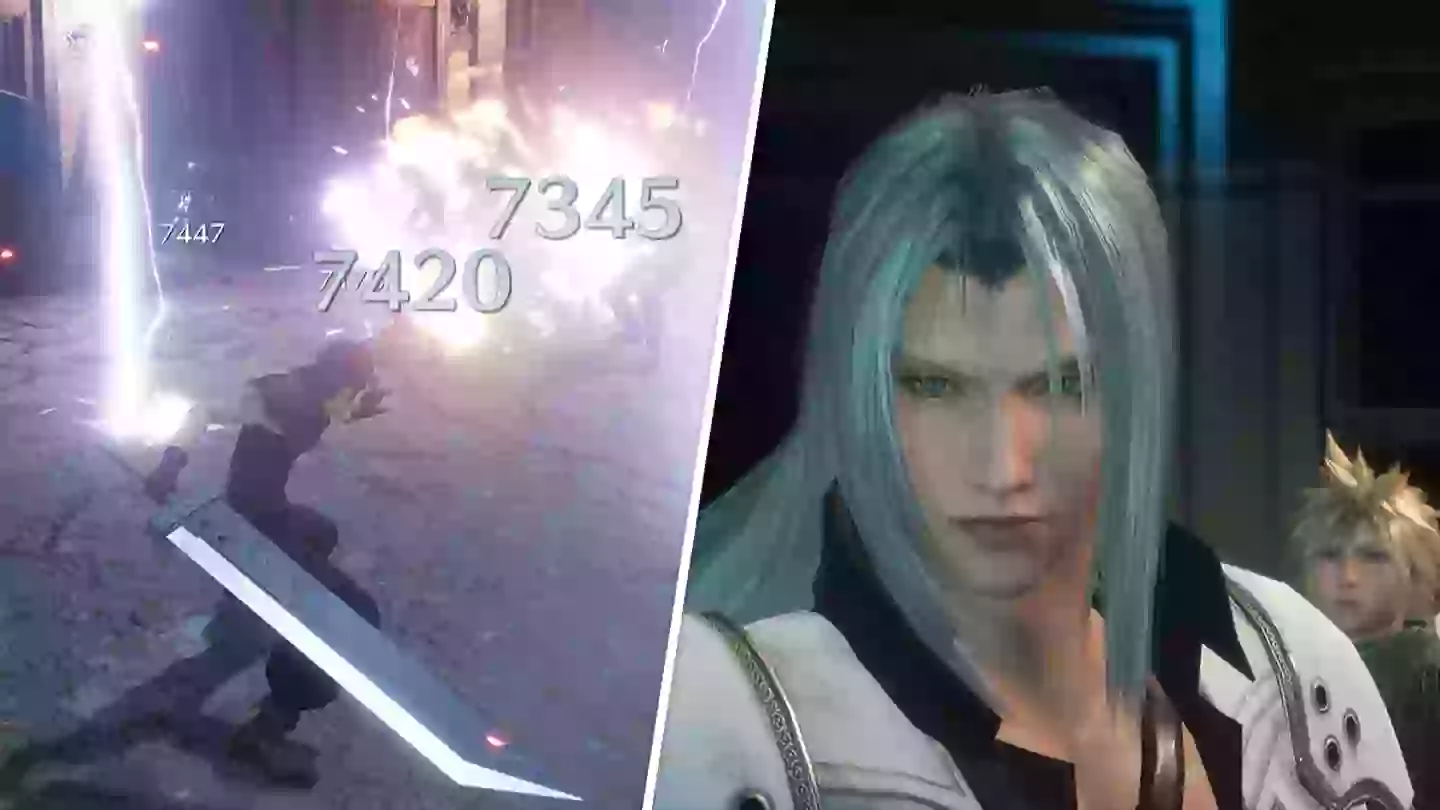
The world of Final Fantasy VII is well known at this point. Initially releasing in 1997 to universal acclaim, the original game redefined the RPG experience for many. The astounding title birthed a variety of spin-off media, including 2007’s prequel Crisis Core on the PlayStation Portable, before ultimately ending with Final Fantasy VII Remake in 2020. Or so we thought…
Crisis Core: Final Fantasy VII Reunion is a remaster of the prequel, telling the story of Zack Fair, a member of SOLDIER who is responsible for a lot of what came to pass in FF7. Exactly what he does I’ll leave untouched to avoid spoiling the story, but it’s safe to say there’s a lot to enjoy in this game.
See the trailer for Crisis Core: Final Fantasy VII Reunion here
Despite being a prequel, Crisis Core: Final Fantasy VII Reunion is a very different game to the original FF7. Zack’s game is an action-RPG, ditching the turn-based combat for hack-and-slash action. The result is not too dissimilar to the gameplay of Stranger of Paradise: Final Fantasy Origin, roaming through dungeon-like environments, engaging monsters in battles.
Advert
A standout feature of Reunion’s combat is the Digital Mind Wave (DMW), which functions as the game’s Limit Break system. Throughout bouts, three wheels spin in the top-left corner of the screen, stopping periodically. When the wheels line up, i.e. show three faces that match, a special attack or summon is available. These moves can heal Zack, unleash demonic entities, or produce attacks inspired by side characters, all of whom are basically recognisable to fans of FF7.

Overall, the combat in Crisis Core: Final Fantasy VII Reunion is very satisfying when it all comes together. Some enemies will provide a challenge, regardless of Zack’s level (he gains experience through fights) or how you’re playing the game. However, RNG can be the deciding factor.
For the unaware, random number generator (RNG) is the process by which a game determines a seemingly unplanned outcome. In the most basic sense, it’s as if virtual dice are thrown and the number they land on dictates the play. This system is how the DMW works in Reunion.
Advert
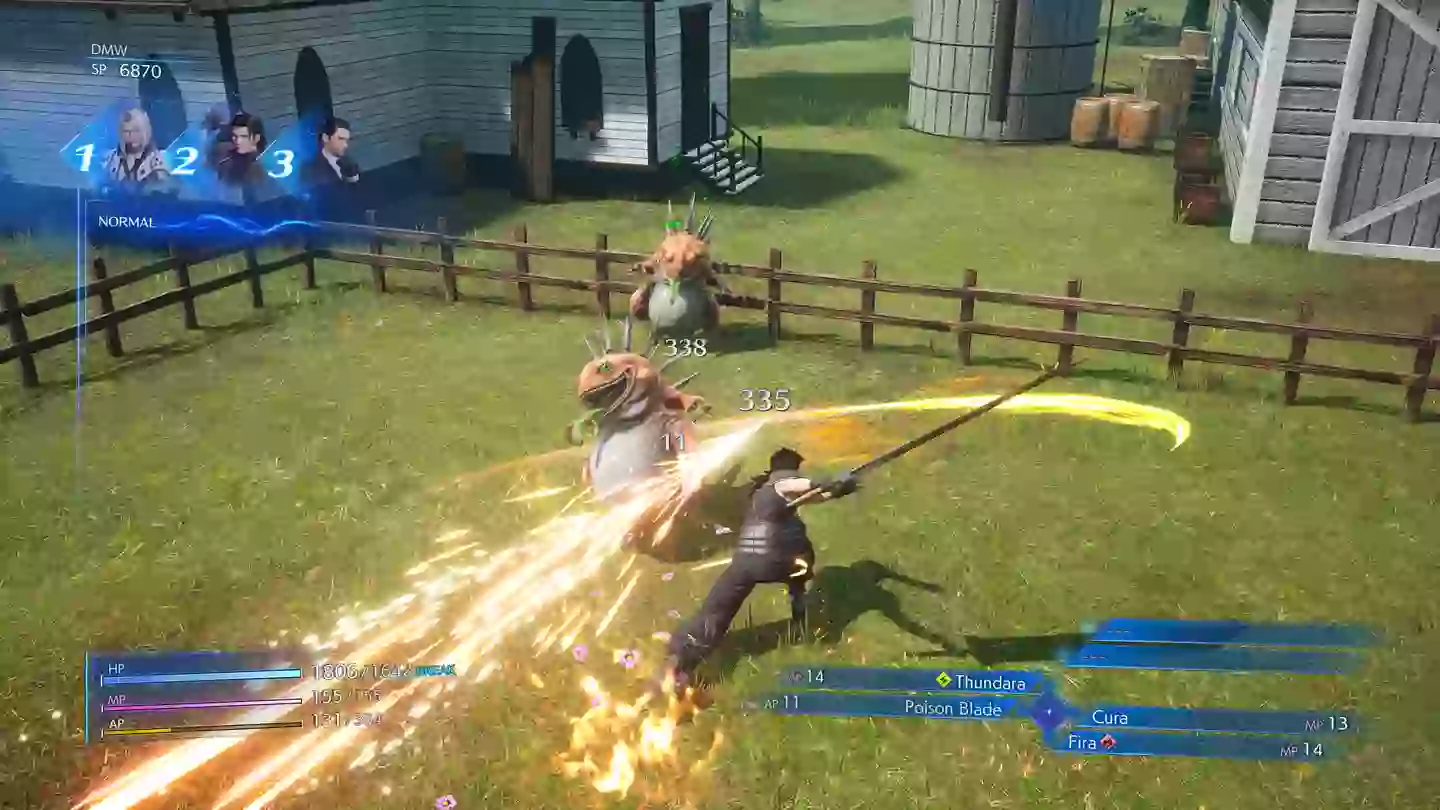
When fighting a boss, the DMW’s role in whether you win or lose becomes bigger. In one battle, I was heavily beaten in my first three tries - I mean absolutely crushed. However, on the fourth attempt, the DMW gave me one of the strongest possible attacks just as an undodgeable strike was about to hit me, and this broke the enemy’s posture, cancelled their attack, and set me up perfectly to win.
Whether this is a good thing or a bad thing will be eternally up for debate, but I’m quite fond of the randomness. The idea that something is out of my hands adds a sense of excitement to proceedings, and keeps me in the moment no matter how long I’ve been playing for.
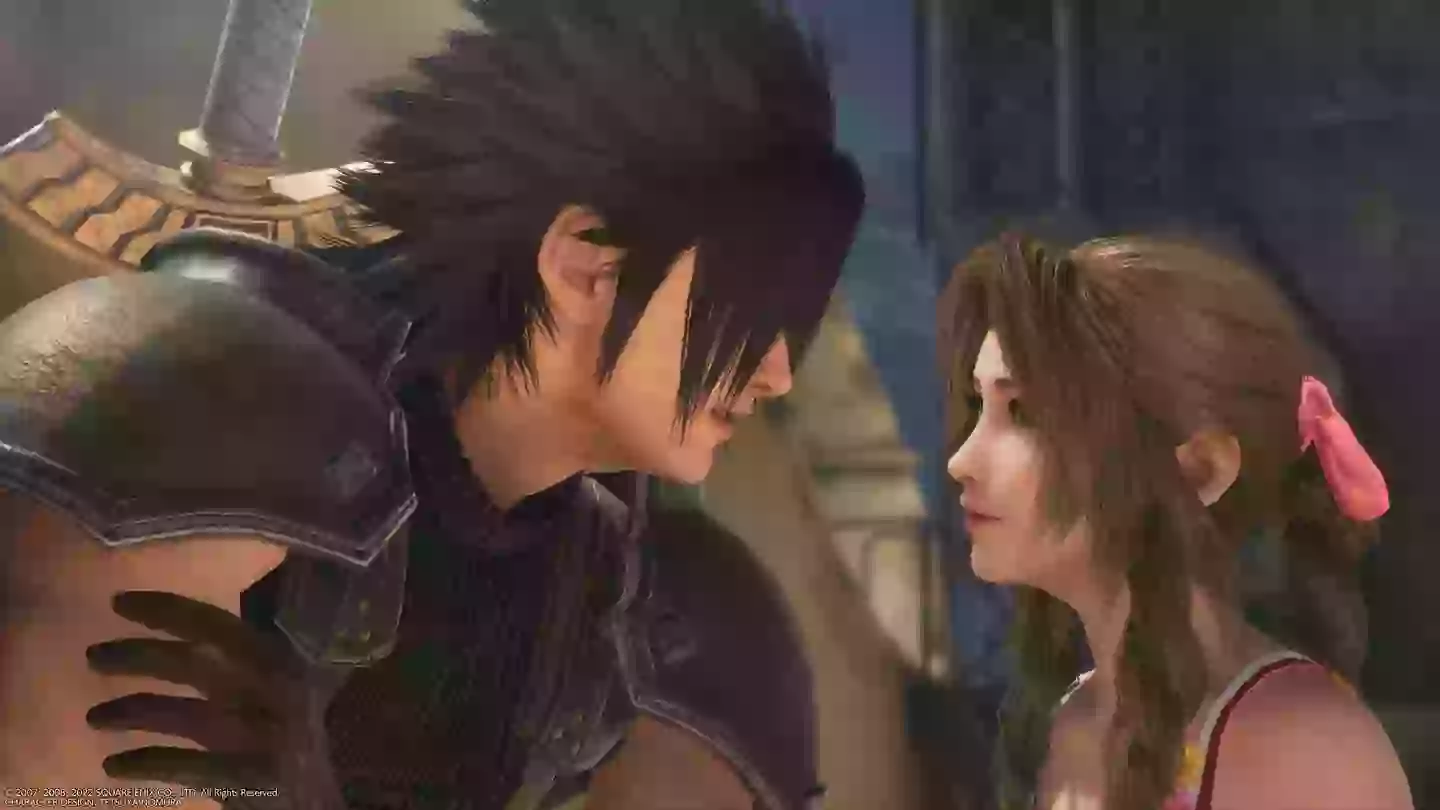
Advert
Speaking of length, Crisis Core: Final Fantasy VII Reunion took me around 10 hours to finish but that’s without doing all of the side content, of which there is an abundance. The core gameplay loop involves traversing open zones and fighting enemies in hostile areas, but the side quests often take on more of a mission format. You pick a job, and Zack is deployed to an area to gather items and/or slay enemies.
While this is present in the main story missions, there are also plenty of cutscenes to break things up. In a way, Crisis Core: Final Fantasy VII Reunion has a Yakuza vibe to it. There are NPCs to converse with, areas to explore, and a melodramatic plot about honour, deceit, and the legacy of our deeds which is well performed by the cast. .
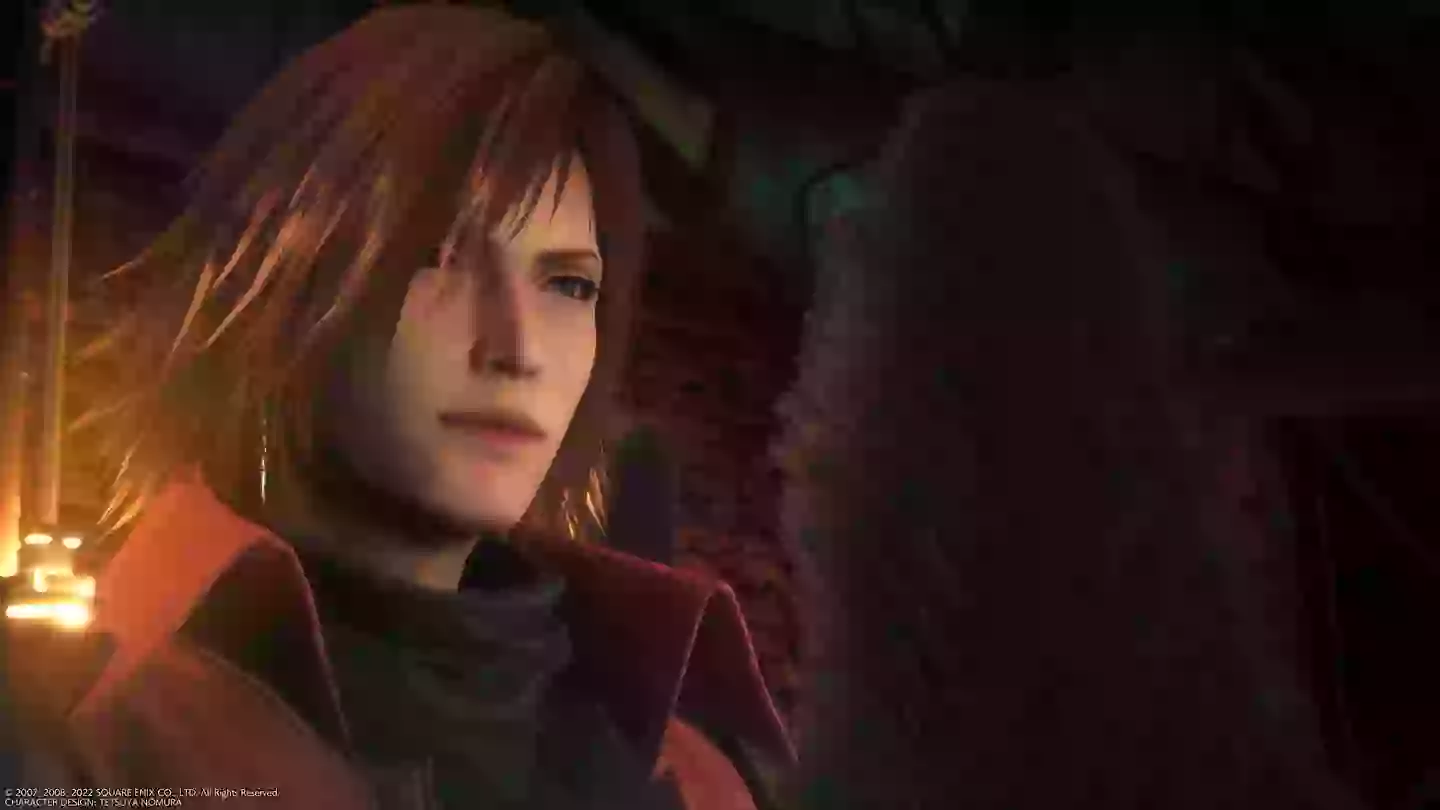
My one big criticism with Reunion does tie into the story. Genesis, an antagonist character, repeatedly quotes from an in-universe work called Loveless. This tale, a book and a stage play within the game’s lore, serves as an analogy to the game’s plot, which would be a nice idea if Genesis didn’t spend almost every moment of his screen time quoting from it.
Advert
Without giving anything away, Genesis is going through some stuff, so it’s totally understandable that he’s feeling a big dramatic. That being said, there’s a limit to how much grandiose behaviour I’ll tolerate, and Big G goes up to that line very early on, before crossing over it and striding so far forward that the line vanishes and all that’s left are the lines on my face from all the cringing I’ve endured.
The excessive use of Loveless as a thematic device undoes a lot of the gravity of the situation our characters find themselves in, and that’s very disappointing because the plot of Crisis Core: Final Fantasy VII Reunion is very good.
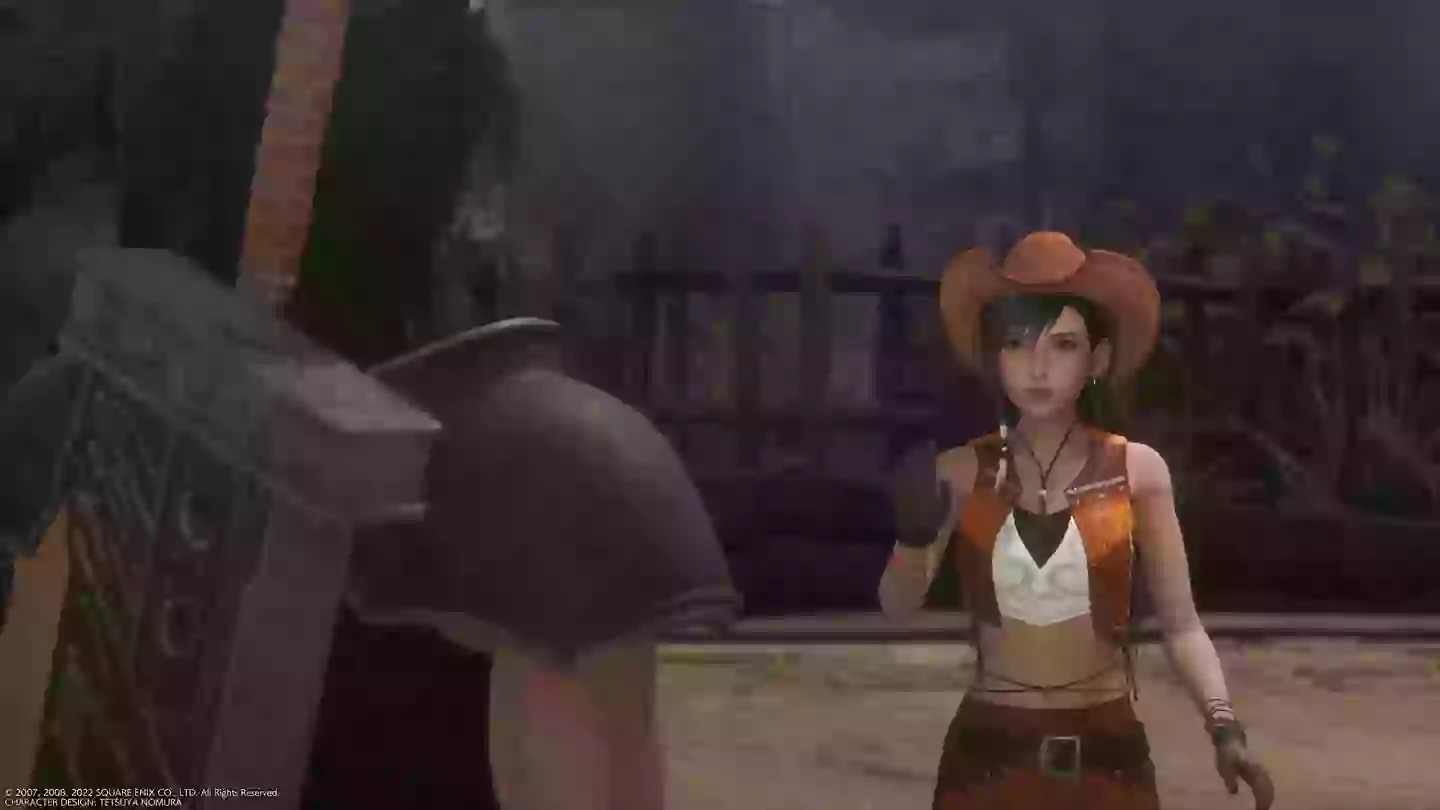
Where Reunion really shines is in its setting up of Final Fantasy VII. If you’ve somehow never played Square Enix’s classic title then I strongly urge you to, whether it’s the original 90s version or 2020’s Remake, because only then will you really appreciate the tale of Zack Fair.
Advert
From Easter eggs to character motivations, Crisis Core: Final Fantasy VII Reunion establishes much of the lifeblood of Final Fantasy VII, and it’s this aspect that makes Reunion a must-play title for fans of the original game, and its remake, of course.
By the time the credits rolled, I was aching to replay the 2020 title. Well, actually I’ve plucked to play through Final Fantasy VII Remake Intergrade instead because it’s an enhanced version with extra content, but the point remains the same: Crisis Core: Final Fantasy VII Reunion makes Final Fantasy VII a more enjoyable experience, and that’s an impressive feat.
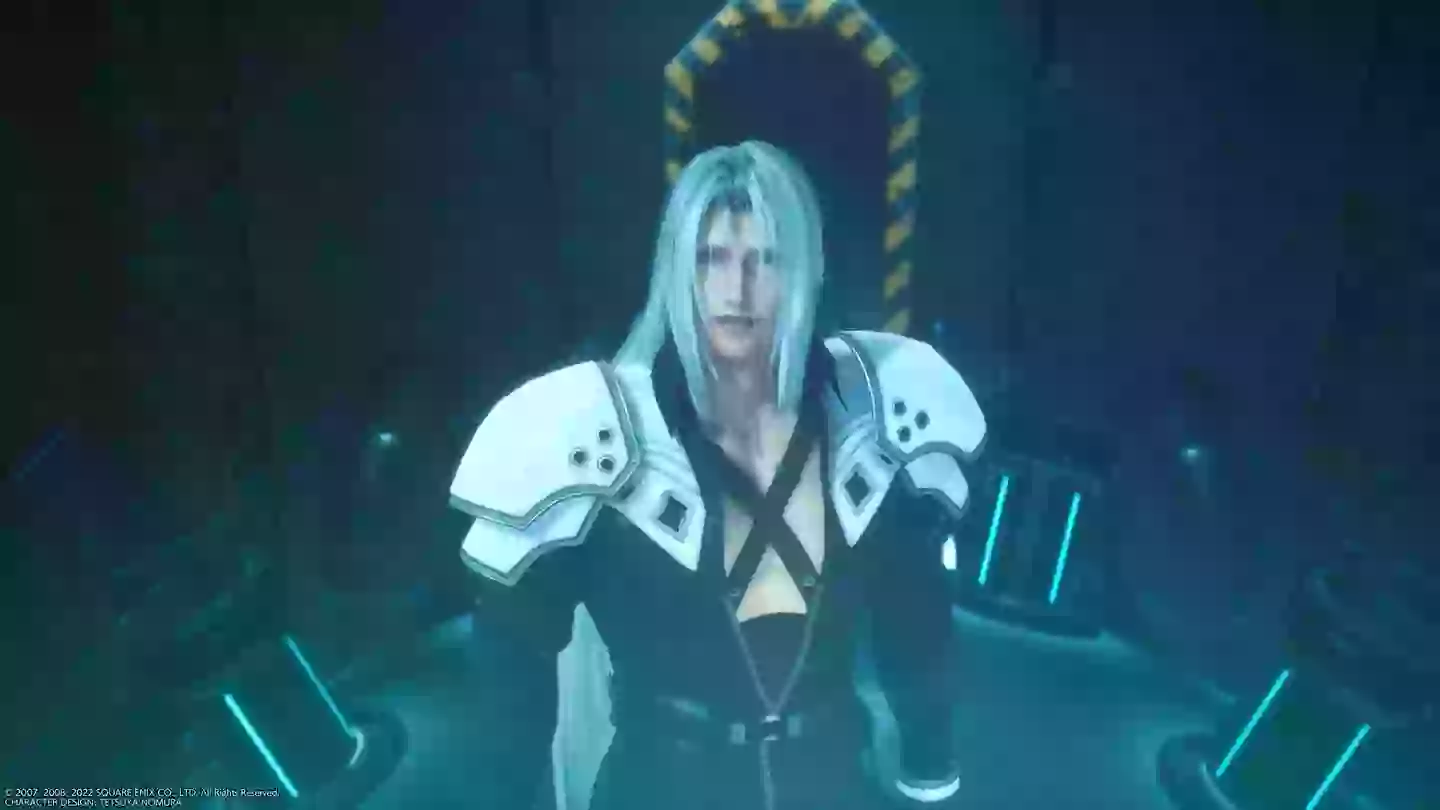
In short, Crisis Core: Final Fantasy VII Reunion is a very fun action-RPG with a remarkable story and a loveable hero in Zack Fair. There’s plenty of side content and the combat is satisfying with a welcome hint of uncertainty. While its appeal is big enough for a total newcomer to play, its true brilliance is only really visible to fans of Final Fantasy VII. When you know what comes after, everything in Reunion becomes more meaningful, resulting in a must-play title.
Pros: satisfying combat,, loveable protagonist, ties into Final Fantasy VII well
Cons: Genesis needs to pack it in, newcomers may feel confused by some moments
For fans of: Final Fantasy VII, Stranger of Paradise: Final Fantasy Origin, action-RPGs
8/10: Excellent
Crisis Core: Final Fantasy VII Reunion releases 13 December, 2022 for PC, Nintendo Switch, PlayStation 4, PlayStation 5 (version tested), Xbox One, and Xbox Series X/S. Code for review provided by Square Enix. Read a guide to our review scores here.
Topics: Crisis Core, Final Fantasy, PlayStation 5, Square Enix